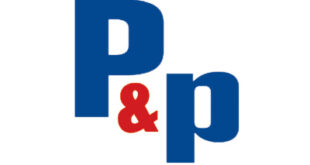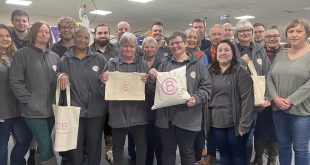German brands 3Freunde, Shirts for Life and Melawear are the first textile manufacturers to sign up to the new Fairtrade Textile Standard.
3Freunde has been producing T shirts made from Fairtrade cotton for several years. Stefan Niethammer, founder of 3Freunde, said: “Now we want to take the next step and go from certifying our raw materials to also certifying our supply chains against Fairtrade Standards. We are a shareholder in a factory in India where we will start implementing the Textile Standard requirements.”
Melawear, another long-term Fairtrade cotton partner, is planning to implement the Textile Programme and has already conducted a first assessment of a production site in India. Henning Siedentopp, director of Melawear, said: “The detected issues mostly relate to wages, participation and contract workers. Our first goals are to create the necessary framework for easier participation, the incremental rise of wages and the improvement of the precarious employment conditions for contract workers.”
Shirts for Life is already a member of the Partnership for Sustainable Textiles run by the German Development Ministry. Dr Ulrich Hofmann, founder of Shirts for Life, said: “The Partnership for Sustainable Textiles is a great idea, since it gathers various stakeholders around a table, but the Fairtrade Programme is a hands-on tool for improvements on the ground, which is highly important to us. We aim to contribute to a change of consumers’ awareness.”
The Fairtrade approach is the first of its kind to cover people working throughout the supply chain from seed cotton to finished textile products. In additional, the programme helps factories and workers to improve their social and environmental impacts.
One of the aims of the programme is to pay living wages within six years.
Dieter Overath, CEO of Fairtrade Germany, said: “Wages have to be increased gradually. The living wage level has to be achieved within six years. Communication on the final product will be very clear on where a company stands in this process.”
In addition to the requirements for textile factories, the standard also includes requirements for brands: They have to commit to fair and long-term sourcing practices in their contracts in order to make wage increases feasible.
 Printwear & Promotion The Total Promotional Package
Printwear & Promotion The Total Promotional Package




